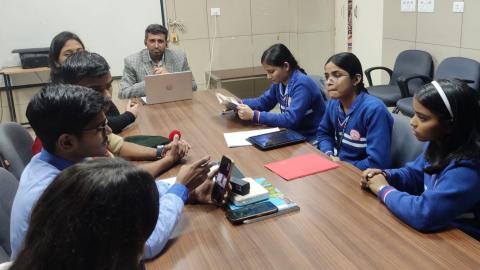
The Crucial Role of Knowing Who the Learner Is
In the hustle and bustle of a busy school day, we rarely take a moment to think about a crucial question: "Who is the learner?" The routine assumes that the students we teach are just a grade level, and we follow a standard practice of tailoring the syllabus, providing textbooks, and assigning tasks based on the curriculum and assessment system. However, even when we deliver content effectively, we often find students not performing as expected. After some reflection, we attribute this to reasons like students not being inclined to learn or parents not being involved.
The question of "Who is the learner?" is often overlooked. Without addressing this question properly, it's like trying to connect pipes of different sizes—the connection remains loose or mismatched. The success in traditional teaching and learning often depends on the teacher and learner sharing a common language, leading to effective education and better performance.
By a common language, I mean using examples and language familiar to the students. For example, praising a student's good answer with a cricket metaphor might be satisfying for a cricket enthusiast but confusing for someone unfamiliar with the game. This lack of a shared language, described by psychologist Bruner as a major obstacle, is the teacher's responsibility to overcome by understanding who the learner is.
Discovering the corresponding language and knowing the learner is crucial. Many teachers have a strong connection with certain students because they know more about them. Reflect on a student you are deeply connected with—doesn't it hold true that you know more about that student?
Understanding who the learner is opens up possibilities for deeper learning. Deep learning often occurs in the personal interaction between teacher and student, relying on how well we know our learner. Think about a teacher who influenced your journey. Was it someone who connected with you personally or someone good at delivering content but lacking a personal connection? Your answer emphasizes why it's vital to know who the learner is—it's the key to building a strong foundation for teaching and learning.
In this discussion, we've highlighted how the question of who the learner is often gets overlooked in daily teaching, leading to performance gaps among students. Instead of attributing it to a lack of interest, it's important to pause and consider if we'd ever want to hear such assumptions about our own children from their teachers. The answer is a resounding no!
- Log in to post comments
